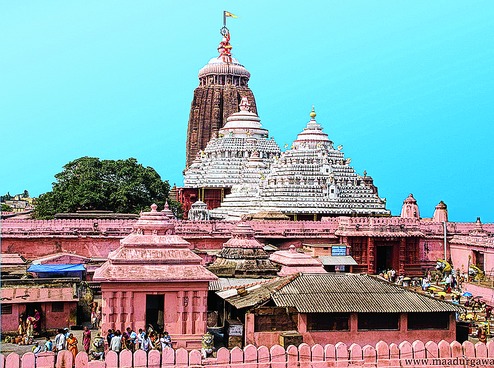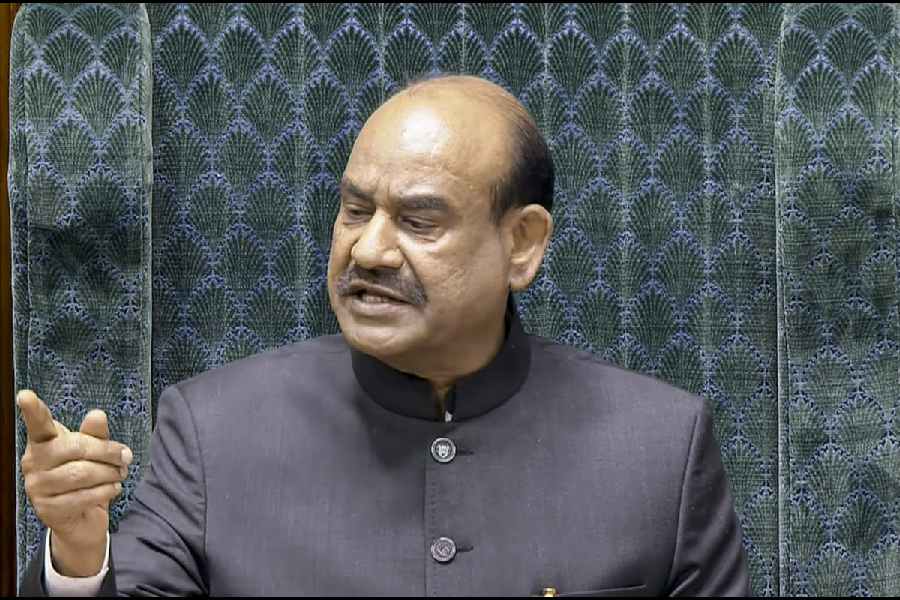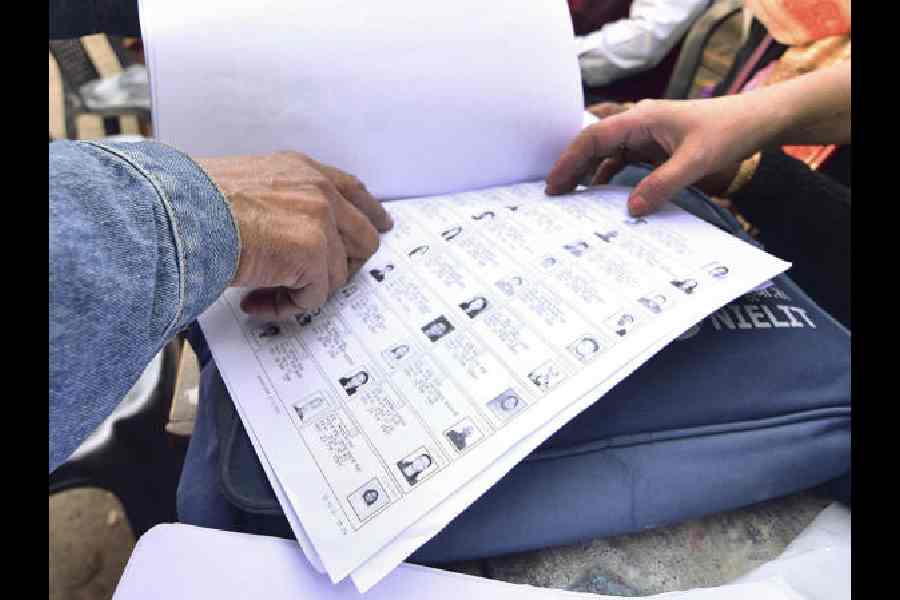
Cuttack: The Puri Jagannath Temple Administration has informed Orissa High Court that it will implement the recommendation of the Justice B.P. Das Commission on the issue of throwing open Jagmohan (prayer hall) for devotees.
In an affidavit, the temple's chief administrator Pradip Jena informed that the state law department, on November 7, 2017, asked it to "take necessary steps for execution of recommendation of the interim report of the Justice B.P. Das Commission submitted on April 20, 2017, at the earliest".
Jena filed the affidavit on April 5 in pursuance of the high court direction to clear air over the issue of opening the prayer hall for the public - which is necessary for undertaking the repair of natmandap (dancing hall). Unless the Jagmohan is opened for the public, the work cannot be started inside the natmandap as the devotees now passes through the dancing hall.
The commission's recommendation, cited by Jena, specified: " Darshan of the deities in the temple by the devotees, including the VIPs, shall be restricted only up to Bhittar Katha. None except sevaks having actual seva in the garvagruha on any particular day should be allowed into the sanctum sanctorum. Entry into the sanctum sanctorum during Paramanik darshan and Sahana Mela darshan should be stopped. Violators should be heavily fined."
Bhittar Katha separates natmandap (dancing hall) from Jagmohan. Darshan available in exchange of money is called Paramanik darshan and the Sahan Mela darshan is general appearance for the public.
In his affidavit, Jena said the managing committee had decided to implement the commission's recommendation at the time of opening Jagmohan for darshan.
The court has been monitoring the natmandap's repair. It has fixed April 10 for hearing the matter, along with a fresh affidavit by the temple administration.
The state government had, however, wrapped up the commission midway by taking over the official premises on March 31 and not extending its term after it expired on January 22.
The commission was set up to bring in reforms into the functioning of the temple.











